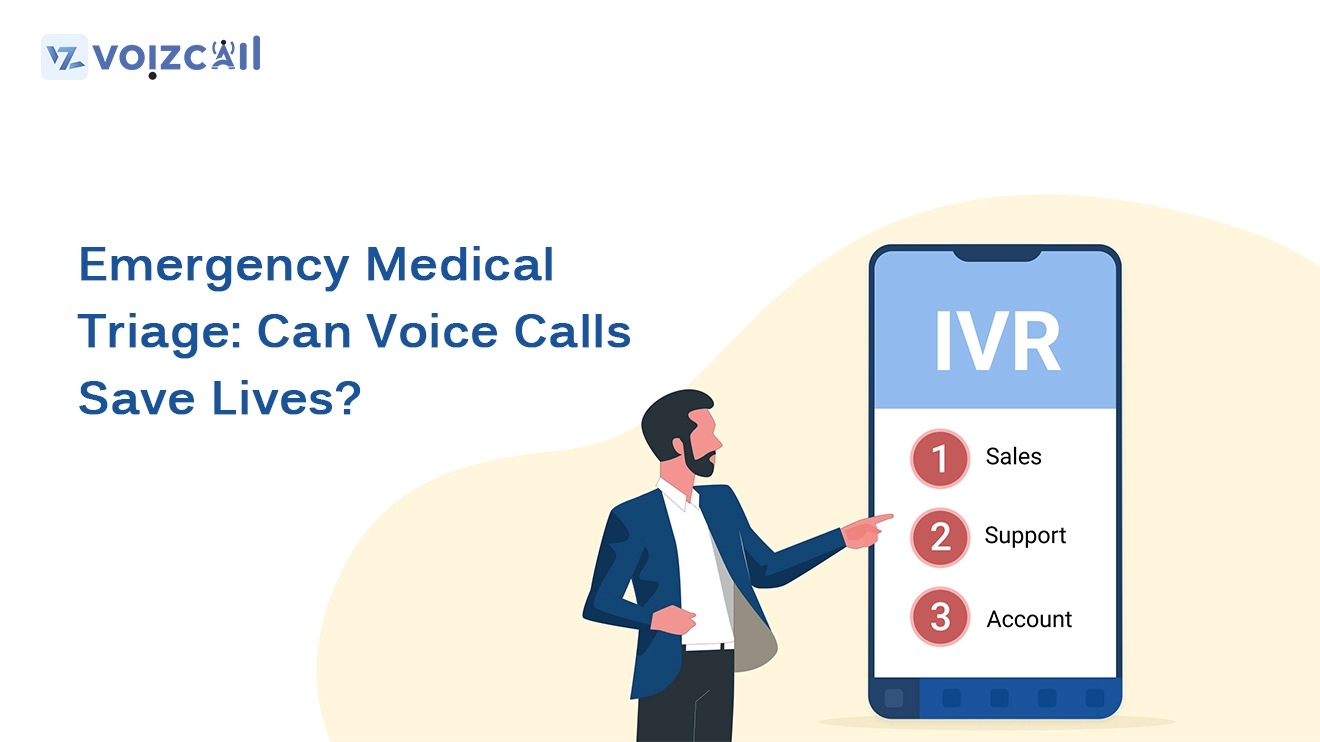


14/Dec/2023
In the fast-paced world of emergency medical services, the integration of voice calls has emerged as a potential life-saving innovation. This blog delves into the transformative impact of leveraging voice calls for medical triage, exploring the ways in which this technology can enhance response times and improve patient outcomes.
Voice calls offer a direct line of communication between individuals in distress and emergency responders. The immediacy of verbal communication allows for a more nuanced understanding of a caller's situation, enabling responders to assess the severity of the emergency accurately.
One of the key advantages of incorporating voice calls into medical triage is the ability to gather real-time information. Callers can describe symptoms, convey critical details, and receive immediate guidance from trained professionals. This not only aids in prioritizing cases based on urgency but also ensures that appropriate resources are dispatched promptly.
Furthermore, voice calls provide a human connection during moments of crisis, offering reassurance and empathy to those in need. This emotional support can be invaluable, particularly in situations where individuals may feel overwhelmed or panicked.
The integration of advanced technologies, such as artificial intelligence and natural language processing, enhances the efficiency of voice-based medical triage systems. These technologies can help identify critical information, prioritize cases, and even provide preliminary medical advice.
While traditional methods of emergency communication remain essential, the potential of voice calls in medical triage cannot be ignored. As we continue to embrace technological advancements, exploring and implementing innovative solutions in emergency response could indeed make a significant impact on saving lives. This blog encourages a deeper consideration of the role that voice calls can play in shaping the future of emergency medical services.